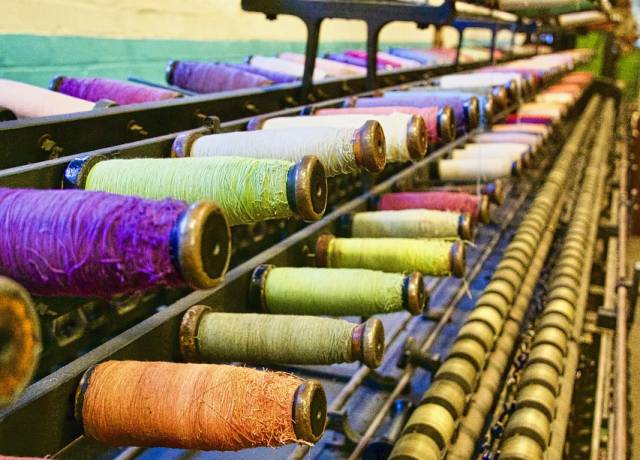
Textiles: extended producer responsibility.
Circular economy for textiles: taking responsibility for reducing, reusing and recycling textile waste and boosting markets for used textiles.

Eating plant-based is 6 times more effective for the environment than eating organic and local according to Carbone 4 , and it takes 4 times more land to feed a person with a hi...
Read more
Not a fan of Unabomber. “When the hares declared equal rights between animals, they wanted to ostracize the lions; they didn't answer, but they bared their teeth &r...
Read moreToday the Commission is proposing rules to make producers responsible for the full life cycle of textile products and to support the sustainable management of textile waste across the EU.

Circular economy for textiles: taking responsibility for reducing, reusing and recycling textile waste and boosting markets for used textiles.

Wizardwords Edition 8 Greenwashing, it’s really not our fight, it’s someone else’s. Sometime after the Assignment (Edition 7.0 Greenwashing is more than br...
Read more
Michelle Thew is the CEO of Cruelty Free International – the leading organization working to end animal testing worldwide. For more than 20 years, Michelle has been an adv...
Read more
Egypt issues Africa’s first Sustainable Panda Bond worth 3.5 billion RMB backed by African Development Bank and Asian Infrastructure Investment Bank. With African Devel...
Read moreReceive news directly to your email!